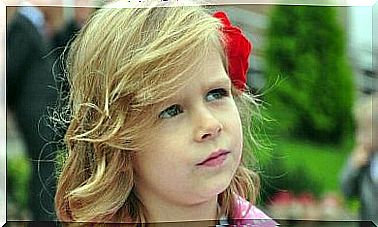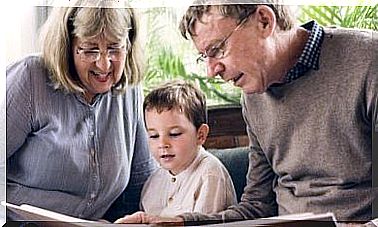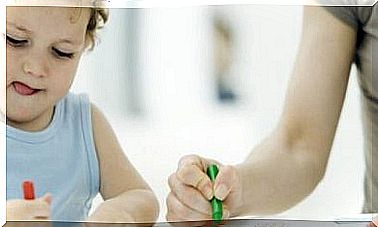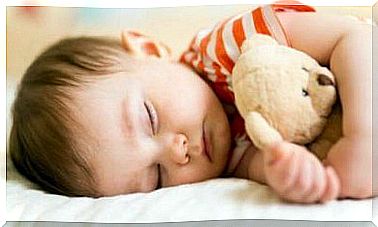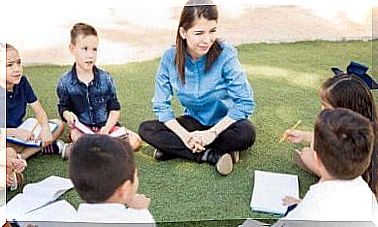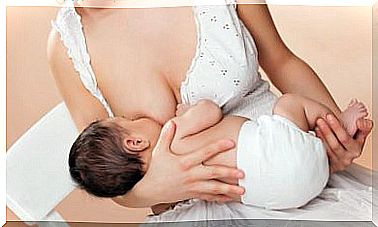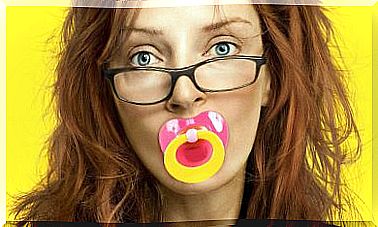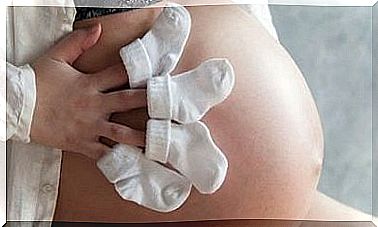Tips From Maria Montessori For Raising Independent Children
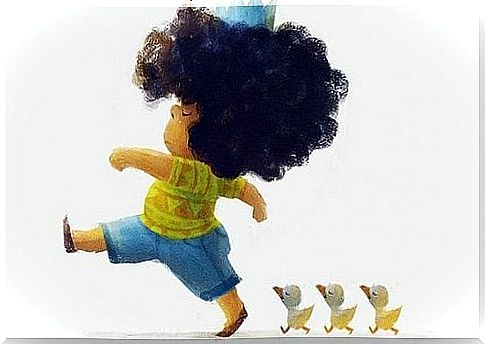
However, nowadays few people follow these pedagogical principles, which were left to us by the famous Italian philosopher and teacher Maria Montessor i .
For many, it is not normal for children to shape their own learning and to let them discover their abilities themselves.
But you have to look at it from the right perspective. It is not about “letting go completely and giving the children total freedom”.
As adults, we are the signposts who can help children to discover everything that is within their means. Every child has their own learning speed and needs. You just have to act respectfully and instinctively according to these needs so that children develop harmoniously and, above all, happily.
On the other hand, you want your child to learn to be responsible and independent. When we talk about independence, we don’t mean that six-year-olds should behave like ten-year-olds.
What you want for your child is that he or she can take responsibility and accept the appropriate responsibilities at any age.
Getting there is a task and you as a mother or father will grow with your child along the way.
The key to raising independent children according to Maria Montessori
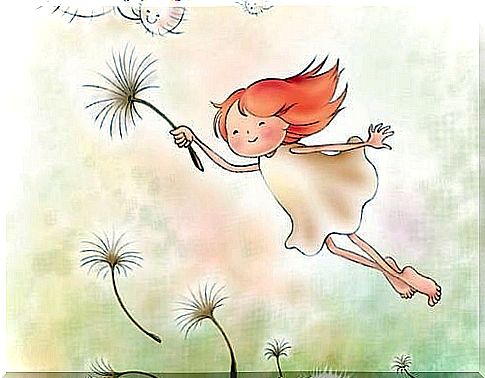
We’ll start by giving you this simple, noteworthy piece of advice: If you want an independent child, give them some independence. We know that the keyword “independence” can be a problem for many mothers and fathers.
Does that mean I should give him all the freedom he wants? Not at all. It’s about trusting your child and allowing them to grow according to their age and their own individual character.
There are mothers and fathers who strive to give their children the best every day. They take care of everything for their children. They tie their shoes, put away their toys, pack their school bags, comb their hair, put them on, …
There will come a time when your children will have to let go of the umbilical cord and stop being babies in order to be children. Something like that will surely make them make their own claims.
So there is nothing better than making it clear to them from the start: growing up and being independent means taking responsibility, and to take responsibility you have to prove what you are capable of.
Here are some strategies that invoke Maria Montessori’s methods:
For children between 2 and 3
Maria Montessori created so-called sensitive periods. These are moments when your child has the maximum learning potential and when they are most receptive. As parents, these are the best opportunities to guide them.
- The second and third year of your child’s life is very special. It begins to communicate, asks about things, discovers its world and wants to touch everything.
- This is the perfect time to give him his first chores. Even so, children should still be supervised by us.
- You can start dressing yourself; You should learn to clean up your toys yourself, set the table, take responsibility for your things and take care so that they don’t break.
- It is necessary that you let her participate in chores around the house. Your child is part of the household and needs to understand that all family members have tasks.
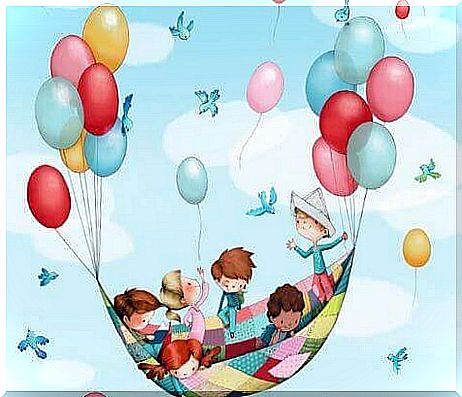
4- and 6-year-olds
Basic advice when your children reach this age is that you adapt your home to suit them. They can do many things within their means.
- For example, you can get a stool for the bathroom so they can start combing their own hair, brushing their teeth, and taking care of themselves.
- Maria Montessori recommends that every child should be able to develop in areas of their daily life. So it is ideal if your child starts doing things in the kitchen at this age (under supervision). For example, it can prepare its own breakfast, make a bowl of muesli or a salad, …
- They should feel that they can contribute in a useful and safe way, so that they can see that they can do many things independently and well.
To enable your child to feel independent, it is necessary that you support them with positive reinforcements. Positive emotional support helps him grow up happy and secure.
Children between 7 and 8 years
Between the ages of 2 and 8, a child makes the most important developmental advances in their life. During this phase, children need to develop their self-confidence, the root of their identity, and most importantly, the self-sufficiency with which they can continue to grow, feel useful, capable and independent.
- Between the ages of 7 and 8, children can do many things. However, sometimes they will think that they can do more than they can. It is important to encourage them but also to give them good advice.
- At this age, your child should be completely responsible for their own belongings. At home and at school. It also has to show you that you can trust it. Based on this trust, your child will have more freedom.
At the same time you have to pay attention to something else fundamental. Not all children develop the same way. This is why certain responsibilities are not transferred to children who are not yet able to handle them.
Nothing should be forced. For example, if an eight-year-old is very forgetful, restless, and unfocused, you can’t give him the job of preparing his lunch break and packing it in his bag every day. He’ll very likely forget.
You have to monitor him, discreetly and lovingly. Little by little, he will become more mature every day and achieve more and more things on his own.
